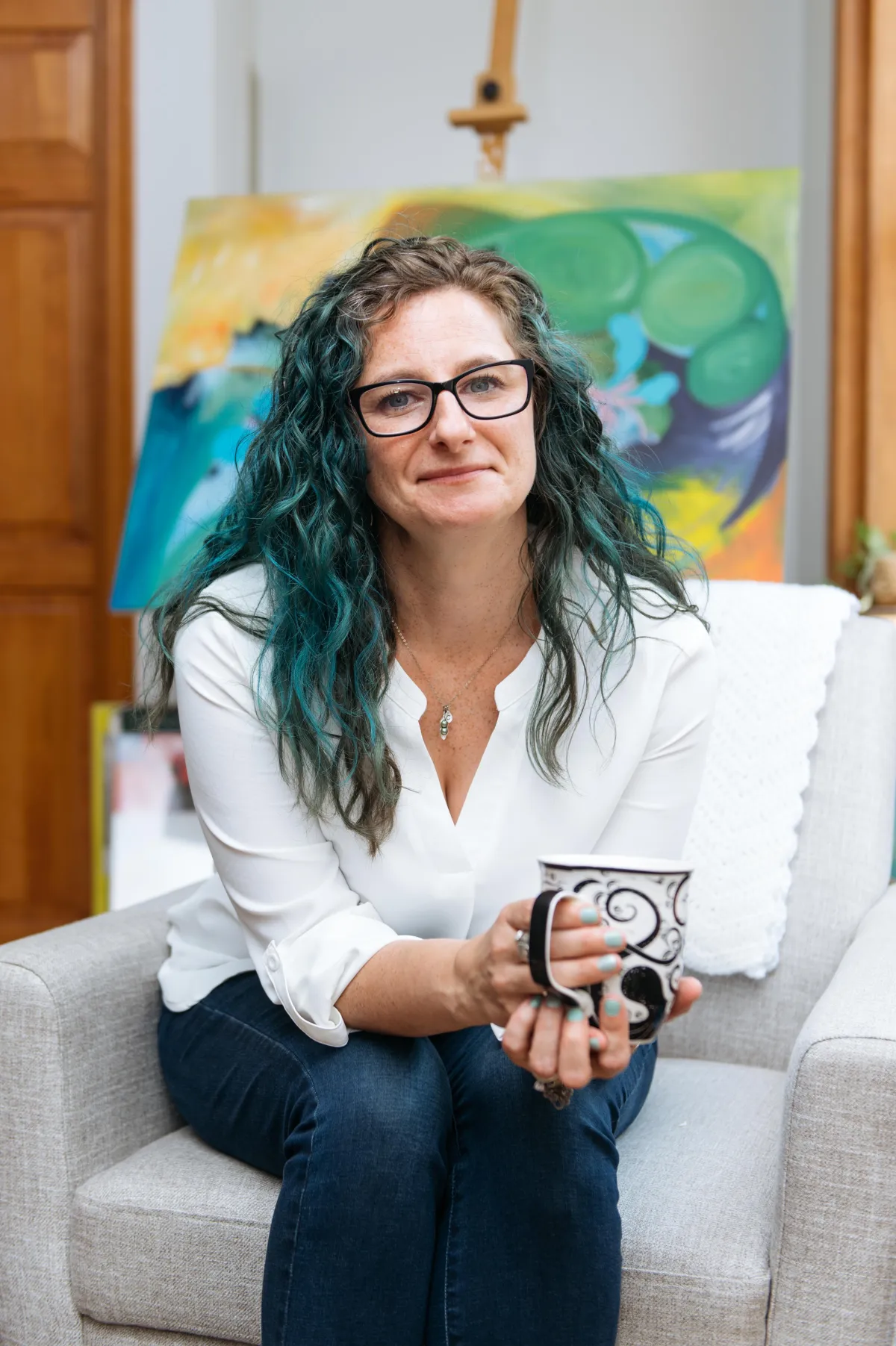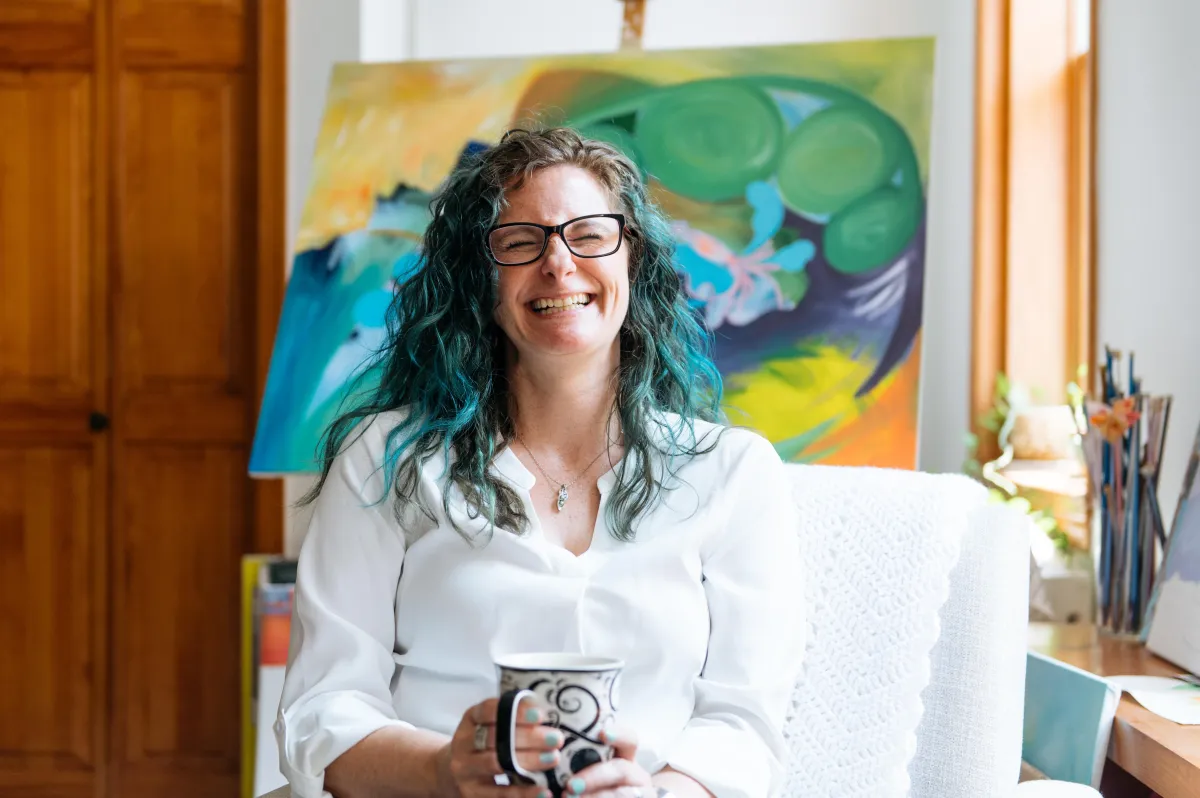Reconnect with your identity beyond caregiving.
Creative support for caregivers

Join
THE waitLIST
Creativity Caregiving Studio Sessions is a virtual therapeutic art space designed just for caregivers like you.


WHAT I DO
Creative dementia support for individuals, caregivers and facilities.
1:1 Caregiver Support
Whether you are looking for coaching and finding your next best step, creating personalized care strategies for your person living with a dementia disease, or would like individual intuitive art sessions for yourself , I've got you.
Support for the Professionals
Professional Case Consultation
Art therapy supervision
Staff Education & Training
Art Therapy Groups
Creative Caregiver Studio Sessions
Discover a community where you can process loss, reconnect with yourself, and move forward with a renewed sense of identity through guided virtual studio sessions, supportive community conversations, and creative exploration.

"This group invites participants into a no-pressure, no-judgement space that keeps the focus on caring for oneself while recognizing the realities of round-the-clock caregiving (i.e., participants could and did step away as needed during the session). I would recommend trying this group to anyone in a caregiver role who struggles to find time for themselves."
- Melissa L.

BRIEFLY BEGIN TO TELL YOUR STORY.
she/her/hers | see-vohn
Sivan Perdue, ATR-BC, LCPAT, is an art therapist who’s passionate about making mental health care accessible, compassionate, and downright necessary for older adults—especially those living with dementia and the people who care for them.
Sivan’s approach is all about honoring the person, not just the diagnosis. She creates a welcoming, affirming space where individuals of all identities—especially those in the LGBTQIA+ community—can process grief, identity shifts, and life’s big transitions. Using art to express what words can’t, she blends humor, deep empathy, and (sometimes) a little colorful language to help people feel seen, supported, and understood.
Ways to connect
Blogposts, articles, and interviews I have done
01. Dementia Musings blog
Check out my blog, Musings, where you can find practical tips and tools, understanding and creative guidance
02. art therapy services
Looking to dive a bit deeper? Check out my clinical art therapy practice to see if it might be a good fit.
03. Reframing Agitation
Grab your free guide to understand how unmet needs might lead to undesired behaviors and practical steps you can take
04. Art Therapy with Older Adults
In this article for the American Art Therapy Association I discuss how art therapy can benefit older adults.
05. Alzheimer's Speaks Interview
In this interview for Alzheimer's Speaks, Lori La Bay and I talk about art therapy, mental health, dementia and sexual health
06. EXPLAIN THE CONTENT
Mauris ac vestibulum nibh, quis euismod velit. Mauris sodales tincidunt ex vitae viverra. Nunc neque eros, convallis vel eros id, molestie bibendum neque. In hac habitasse platea dictumst. Integer quis.
EXPLORE
ON SOCIAL

© sivanperdue.com | All Rights Reserved | Terms & Conditions | SITE BY FUNNEL GORGEOUS
